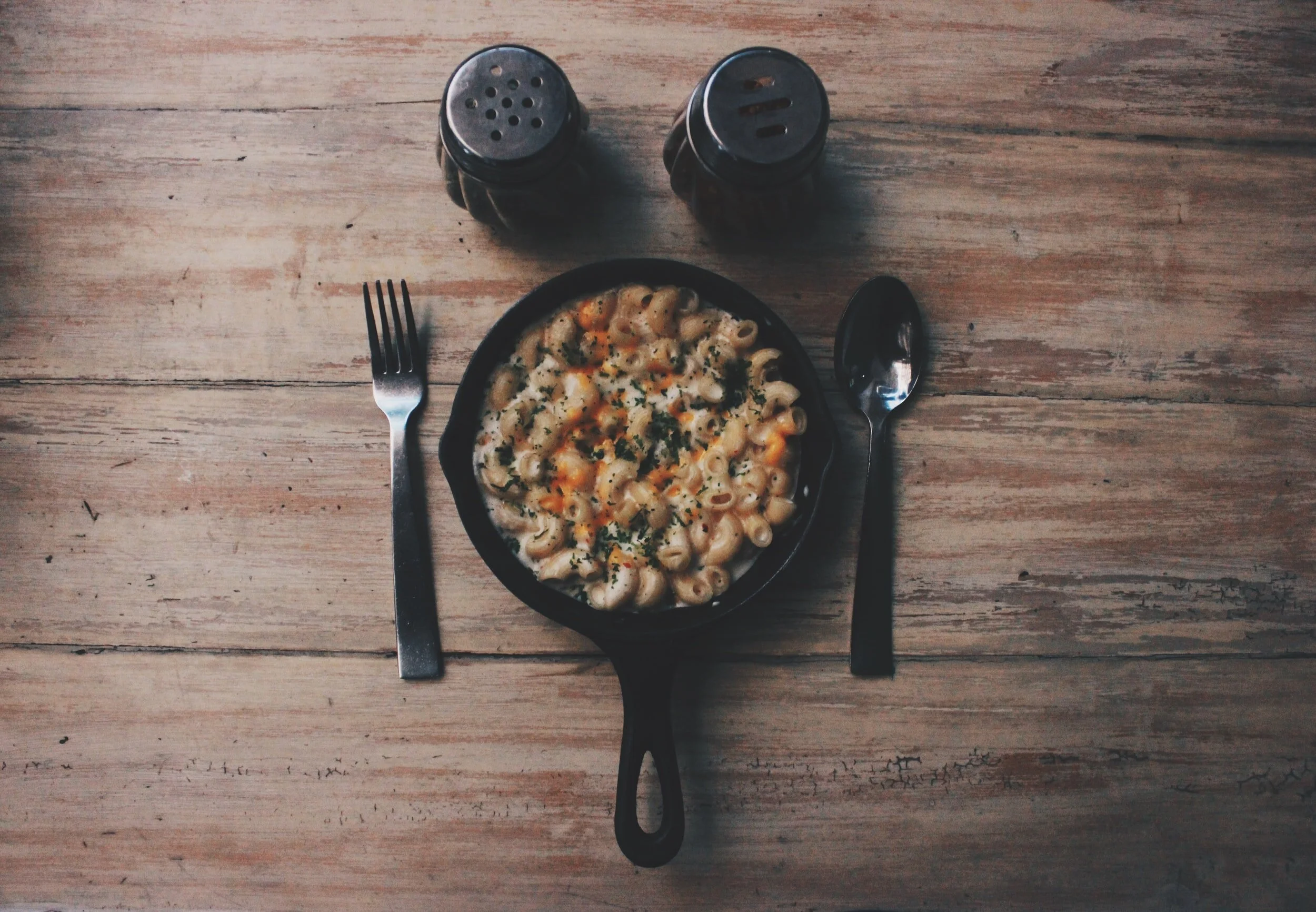Secrets for My Abuelita
For months after my abuelita died, I slept with the covers tucked around my six-year-old face. The breeze that blew in from the Caribbean, cooling along the way as it traveled across the mountains, through the concrete city of Caracas, past the iron bars of my bedroom window, entering my mouth, my nose, my ears, felt like something my grandmother had sent from above, just for me. It scared me. It kept me up at night. In the dark I tried to put my senses to rest, and instead felt the slightest wind with every nerve ending of my body.
I knew it was her. The first night I felt it, she came to me in a dream. She was lying on her mahogany bed under the paisley bedspread she loved. Thin and weak, green clumps of tears and germs clung to her eyes. It was just as in her last days, when cancer killed her slowly. At least it felt slow to me then in my childlike sense of time.
She came like this to me a few weeks after her death. We had already buried her, mourned her, left her in the Andes Mountains. We were back in Caracas, but she made the effort to come to me, and she had something important to share. A big secret. When I woke up, I knew I had received critical information. But the message fell through the cracks of memory. I remember nothing but the image of the dream, the mise-en-scène. She and Cancer lying in bed together one last time.
That I believed my grandmother could communicate with me through dreams and breezes was not just possible because I was six, but also because I believed in God. My grandmother, when she was healthy and strong, when she still took me to church with her every morning before coming home to cook and drink beer, told me God knew everything we thought and did.
I was probably five years old, but I still remember the sensation this declaration produced. I was a tiny pawn on earth’s game board, controlled by the big guy above. It turned out it was an invisible, all-powerful, male presence in charge—not me, not my abuelita, not my mother.
This didn’t sit right with me, but I still believed at five, and at six. What I was taught made things frightening when my grandmother died. She was in heaven with God, watching at all times, breathing over me even as I slept. It was all too much. The only solution I could find was to cover my body from head to toe.
I never told anyone, and I’m not sure if my mother ever wondered why I always seemed cold, even on warm tropical nights with no A/C.
She was not my biological grandmother. She was my great-aunt, my grandmother’s twin sister. My biological grandmother, Carmen Luisa, died long before I was born—of cancer. Cancer took her too. Her twin sister, Luisa Delia had naturally become my abuelita.
Though I never met Carmen Luisa, the mental image I have crafted of her is stylistically the opposite of Luisa Delia’s. It’s a feminine version: skirted, stockinged, black curls bouncing off her dress sleeves in a soft-focus shot. Carmen Luisa married my grandfather, had two children, and was a devoted mother, wife, and homemaker. At least that’s all I hear. My family speaks of her as if she had been a domestic angel.
Luisa Delia, on the other hand, was the one with the short-cropped salt-and-pepper hair. She would never dye it. In my mind’s camera, she poses casually with a cigarette in hand, wearing high-waisted jeans and a dishwasher-and-beer-stained t-shirt. Luisa Delia never wore makeup or jewelry. She never dressed up or grew her hair long. Photographs from the glitzy early eighties confirm this was true even at her goddaughter’s wedding.
Legend in my family goes that she was the first woman in Venezuela to wear pants. We exchange this anecdote proudly. I try to imagine her now, born in the conservative town of La Victoria, raised by Catholic parents, coming of age in the late 1930s under a macho dictator who freely jailed, tortured, or exiled whoever didn’t fall in line. And refusing to wear a skirt or dress.
Unlike the rest of her four siblings, she never had children or married. As the Spanish expression laments, she was left to dress saints.
After her funeral, we were given time to spend with her body alone as a family. I stayed away from the coffin, which was open to a frozen, withered, made-up face that did not match who my abuelita had been.
Suddenly, I saw my mother and uncle look at each other in awe.
“Did you see that?”
“Yes. Did you?”
I had missed it, but they had seen my dead grandmother blink, gently opening and closing her eyes as if for one brief moment she was being resurrected. There was no question she was dead, of course, but we interpreted this as a sign she had sent us a final goodbye.
Later, we were shown to a spotless, windowless room upstairs where we would spend the night before the burial. Although everything was impeccably clean, sorrow permeated the walls and air like a fresh coat of leaded paint.
I could not sleep. While my grandmother’s body rested inside a coffin a floor below me, I wondered what her soul’s trip to heaven would be like. She had owned a worn, leather-bound prayer book that calculated the number of days in purgatory a soul would be spared for each prayer intoned—a conversion table for sin. We had often prayed together from this book. I had especially enjoyed the repetition and imagery of the Virgin Mary’s litany:
Mirror of justice, pray for us.
Seat of wisdom, pray for us.
Cause of our joy, pray for us.
Spiritual vessel, pray for us.
Vessel of honor, pray for us.
Singular vessel of devotion, pray for us.
Mystical rose, pray for us.
Tower of David, pray for us.
Tower of ivory, pray for us.
House of gold, pray for us.
Ark of the Covenant, pray for us.
Gate of Heaven, pray for us.
On we went, with me reading from the book and she faithfully responding, “ruega por nosotros,” after each line, back and forth. That night, I figured no matter what her sins in life had been, she had prayed enough to be sent straight to heaven.
The year before her death, in 1993, a number of people in the town of Carrizal, about an hour southwest of Caracas, claimed that the Virgin Mary Mother of Consecrated Souls had visited them, leaving behind physical proof: a light, silver glitter on the skin of those she had touched.
My mother, grandmother, and I made the pilgrimage to the site. A statue of the Virgin loomed in a grassy area next to a colonial church, the porcelain-skinned mother holding her son in one arm atop a bright red heart. Nothing felt special about the visit until we got back home and watched the afternoon light glimmering faintly on our hands. We moved them through the air like confused mimes, our eyes searching for a sparkle at just the right angle. And our eyes found it.
Earlier, at the foot of the Virgin, we had prayed for my grandmother’s cancer to be cured, and took this as a happy sign. Relieved hope washed over me. Perhaps my grandmother would be saved.
It was in the year after her death that I first heard this dirty word: atheist. I was standing in line for the bathroom at school with a group of girls. Shiny gold crosses and medallions embossed with the Virgin Mary and her child hung lightly around our small necks, meant to protect us. As we compared jewelry, we noticed one girl had a star instead. We asked her if it stood for anything, like our necklaces did.
“My family is Jewish,” she said.
“We are Catholic,” the rest of us replied—except for one self-assured girl who told us her family was atheist.
“What’s that?” One of the other girls asked. I had been wondering the same thing, but had nodded knowingly.
“It means we don’t believe in God,” she said.
“Oh,” we all said.
More than twenty years later, I still haven’t come out to my family as an atheist. I don’t necessarily hide it or pretend to have faith. I did not get married in a church. But something tells me my mother still doesn’t know. And if she were to ask, I might not be brave enough to tell her that her child who walked to church every morning hand-in-hand with her grandmother, recited litanies from dog-eared prayer books to shorten her sentence in purgatory, and prayed the rosary, running her kid fingers through all fifty-nine beads for nine straight days after her grandmother’s death, had stopped believing.
But we all have our secrets. Maybe my abuelita would have understood.
-Naihobe Gonzalez
Naihobe Gonzalez is an emerging writer living in Oakland, California. A daughter of South America and the American South, she is currently writing a collection of short stories. She was selected as a 2019 fellow of the Kearny Street Workshop’s Interdisciplinary Writers Lab and is an alumna of the Tin House Summer Workshop. She holds a Ph.D. in economics from Columbia University and conducts policy research when she’s not writing.






















